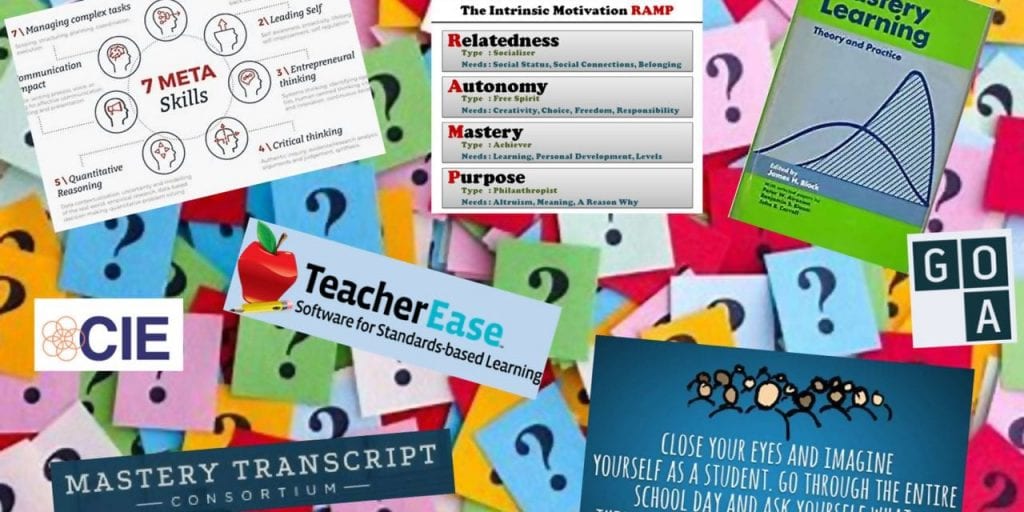We had just come off trail in Pisgah National Forest, and it was pouring rain. Our group had spread out over a three-mile uphill scramble. As we waited for the rest of the hikers to finish, we huddled in a vehicle out of the deluge. Before long, two students invited me into their conversation.
“Dr. Ehrhardt, what do you like best about Cary Academy?”
I spend a lot of time talking with people about this school, so this question should be easy. We have a special mission, and we pursue it with zeal. We’ve been working on many important initiatives as part of a well-thought-out strategic plan. We are the very embodiment of an innovative learning organization.
Yet, somehow, none of that sounded right.
“What do you like?” I volleyed.
“Oh, that’s easy,” one of the students said, without skipping a beat. “I like how the teachers here care about me.”
Yes! Cue the forehead slap.
Not only is this a nice sentiment and a huge compliment to our teachers, but the beauty here is how deftly this young woman was able to capture the essence of good teaching.
In an important study called The Nature of Learning: Using Research to Inspire Practice, the OECD synthesized the literature surrounding effective learning environments into seven frames. Listing just the top four, we see that great teachers
- put learners at the center and encourage engagement so that learners come to understand themselves as learners;
- see learning as social and collaborative;
- understand that emotions are integral to learning and that learners’ motivations matter; and
- recognize individual differences.
I’d put “care” at the core, too.
The close of Teacher Appreciation Week is a natural time for a shout-out to the teachers who have impacted our lives. Whether I’m talking to students, parents, or alumni, I am continually blown away with their impact.
Some are immediate—that time a teacher sees a student struggling and intervenes or calls out an extra special effort on an assignment. Some impacts build over the course of a year, often leading to that breakthrough or “ah-ha” moment of deepened understanding or skill. Our college counselors are perhaps in the best position to see our teachers’ impact come application time, as students report a major or career interest sparked by a particular teacher or class.
Still other impacts take much longer to materialize. Take the alumni parent who told me that her daughter absolutely “didn’t appreciate” (oh, so diplomatic) a certain Upper School teacher, but just put all the skills she learned in that class to important use in a capstone college course. Or the alumni who spoke recently about channeling a certain Middle School teacher’s “way of being” in his current work as a psychologist.
Teachers: Here is to the decisions, big and small, that go into each school year, trimester, unit of study, school day, individual lesson, or personal interaction. Teaching is exhausting work, even though we too often pretend it should feel effortless—a natural part of your “calling” to work with young people.
Phooey.
Among many things, at any given moment, you could be called upon to serve as expert, coach, counselor, mediator, mindreader, or judge. This work is anything but effortless. Nonetheless, we expect you to bring goodwill, passion, joy, and heady optimism into the classroom every day—despite what may be happening at home or in the world around you.
And you do!
Because you are a professional.
Because you are good at what you do.
Because you care.
And for that, we offer our deepest thanks.
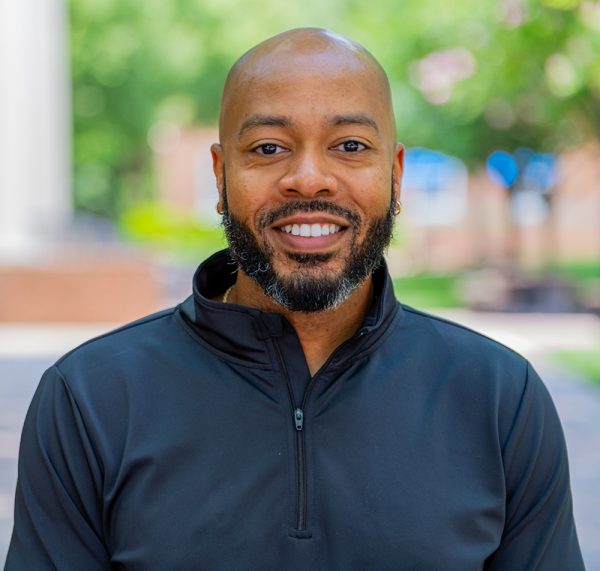 Upper School Associate Director of College Counseling Brandon Carter is the recipient of the 2019 Curran Family Foundation Leadership in Teaching Award. The award was presented at Monday evening’s Honor a Teacher ceremony sponsored by the Cary Chamber of Commerce. Kara Caccuitto, Laura Price, and Matthew Ripley-Moffitt were also nominated for the award. Congratulations to all four of these teachers for the well-deserved recognition!
Upper School Associate Director of College Counseling Brandon Carter is the recipient of the 2019 Curran Family Foundation Leadership in Teaching Award. The award was presented at Monday evening’s Honor a Teacher ceremony sponsored by the Cary Chamber of Commerce. Kara Caccuitto, Laura Price, and Matthew Ripley-Moffitt were also nominated for the award. Congratulations to all four of these teachers for the well-deserved recognition!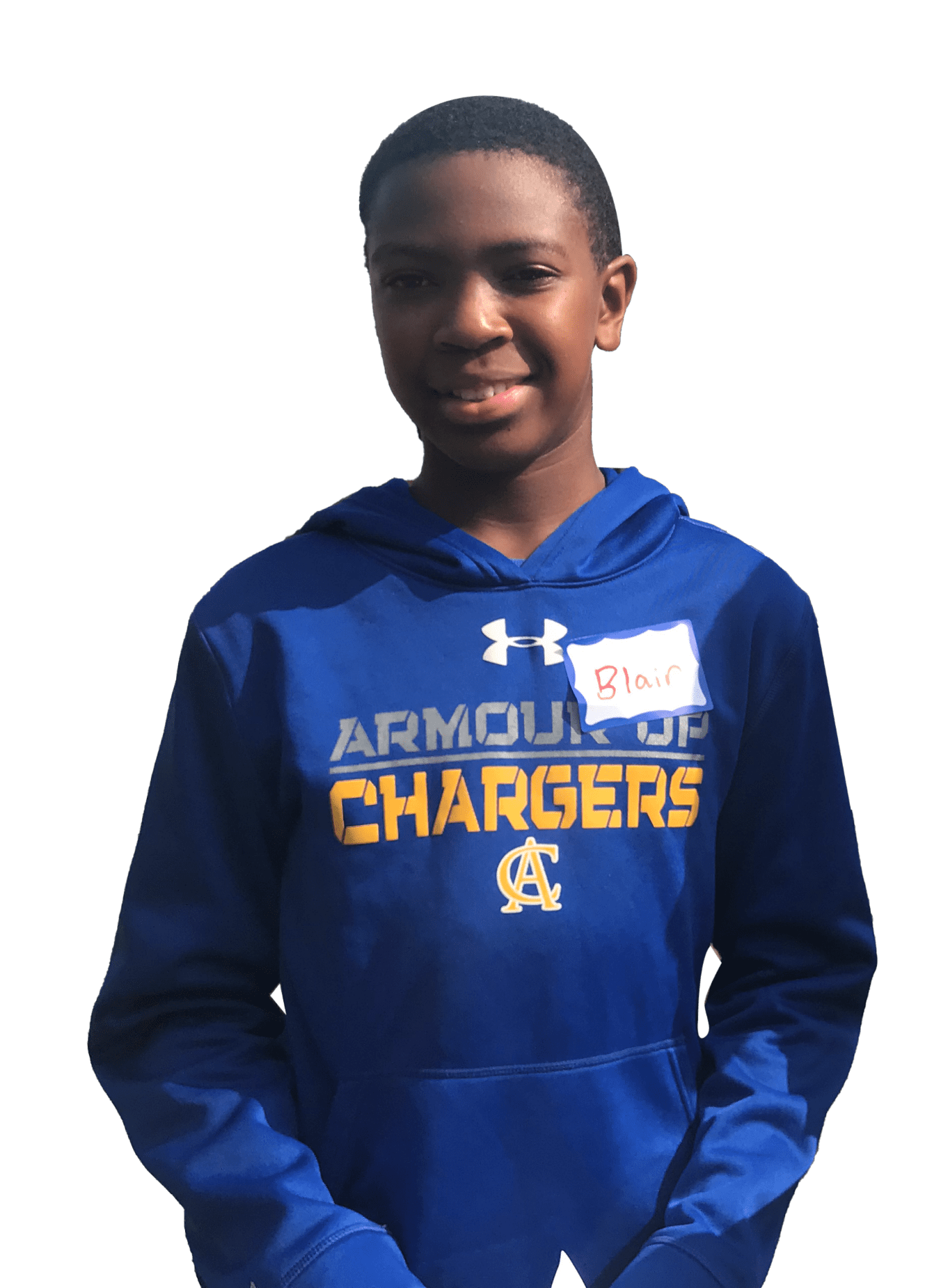
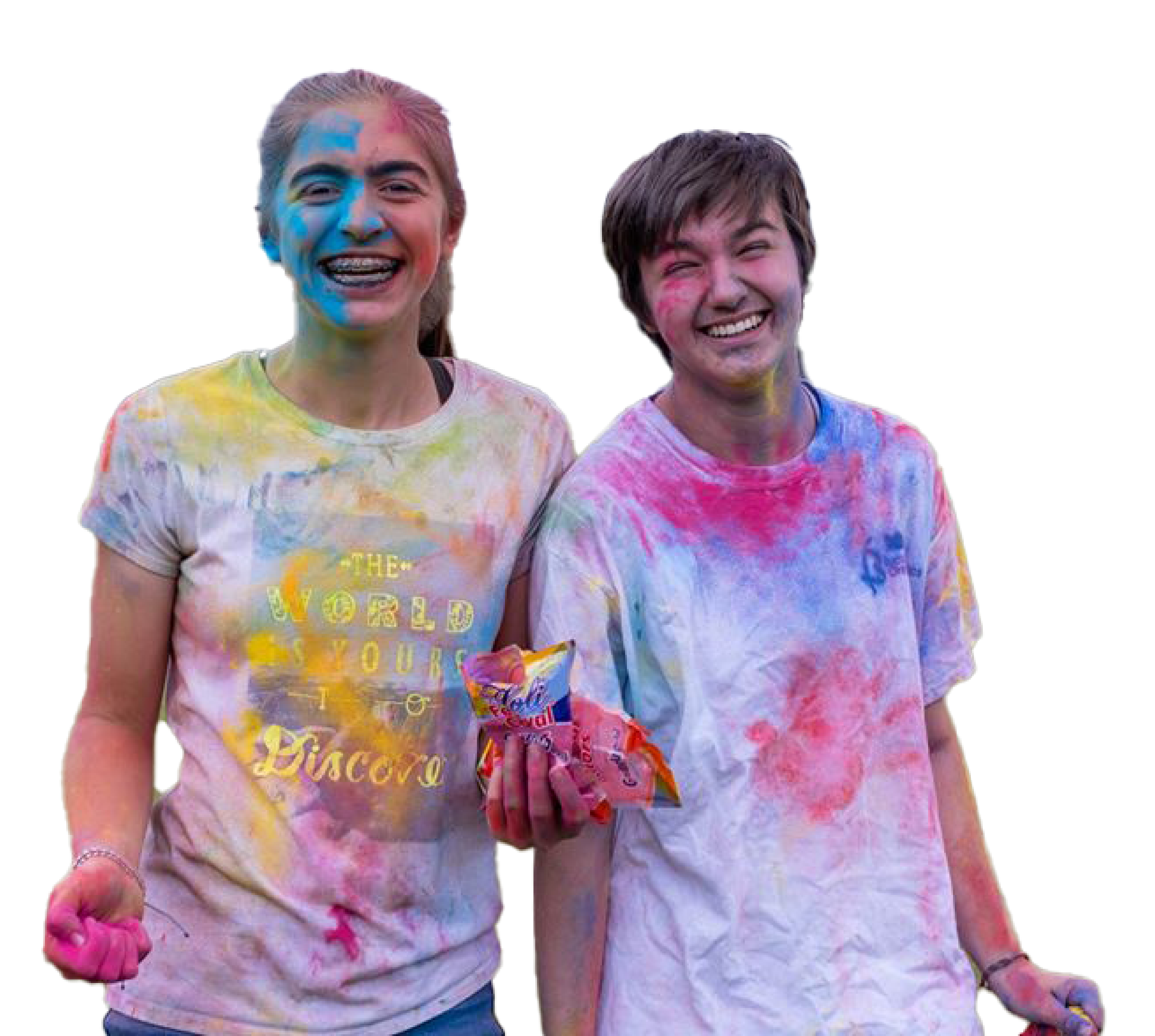

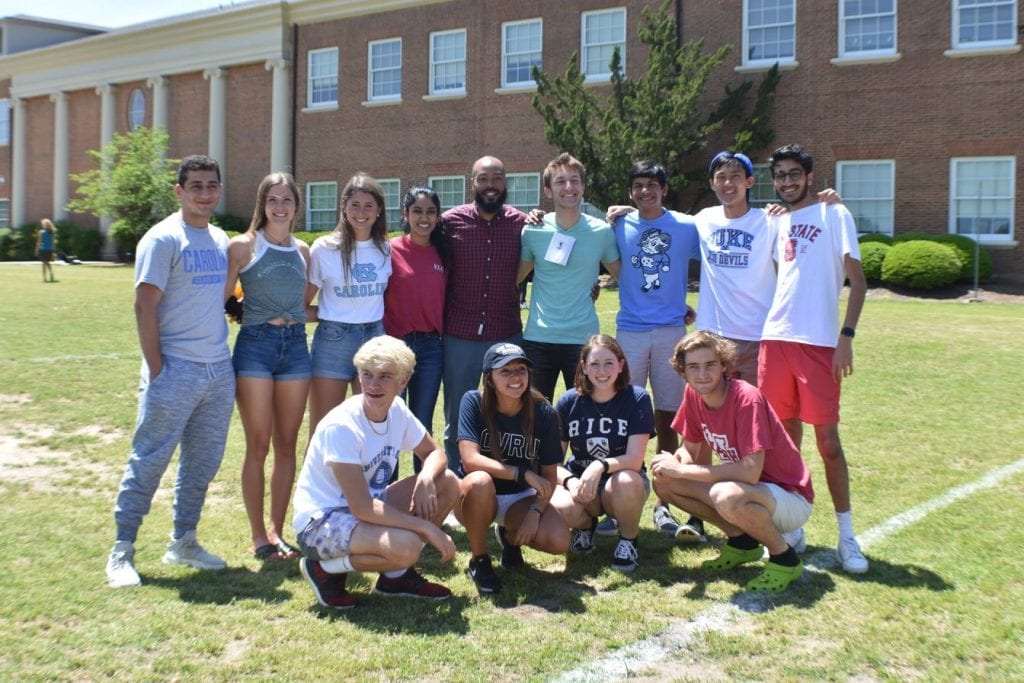


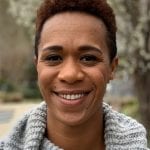 We are pleased to announce that Danielle Johnson-Webb will be joining Cary Academy as our new Director of Equity and Community Engagement in July. Her hire concludes an exhaustive and highly competitive search that stretched across the country.
We are pleased to announce that Danielle Johnson-Webb will be joining Cary Academy as our new Director of Equity and Community Engagement in July. Her hire concludes an exhaustive and highly competitive search that stretched across the country.

